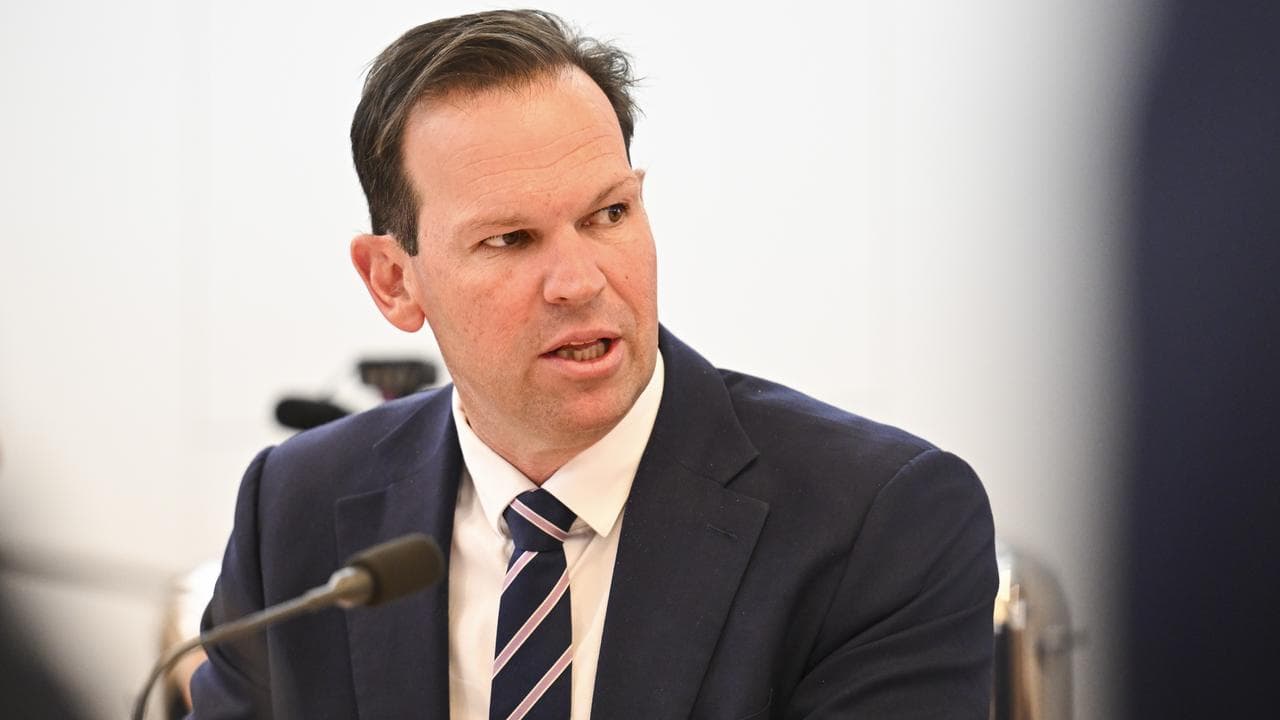We're loading the full news article for you. This includes the article content, images, author information, and related articles.
A senior Australian minister's plea for his conservative opponents to accept climate science highlights a global divide with direct consequences for Kenya, a nation on the front lines of climate change.

NAIROBI – In a pointed speech on Friday, 24 October 2025, Australia’s Minister for Climate Change and Energy, Chris Bowen, challenged his political adversaries to embrace climate science, arguing that true conservatism means conserving the environment. Speaking to the conservative Centre for Independent Studies think tank, Bowen stated that accepting the science of human-induced climate change logically leads to supporting a net-zero emissions target by 2050. He framed this target not as a political concept, but as “the bare minimum action to avoid the impacts of the world warming by more than 2°C as found by the Intergovernmental Panel on Climate Change (IPCC).”
While this political battle unfolds over 11,000 kilometres away, its outcome carries significant weight for Kenya and the wider East African region. Australia, a major developed economy and fossil fuel exporter, is facing deep internal divisions over its climate commitments. The opposition Liberal-National coalition is fractured, with some factions advocating to scrap the legally mandated 2050 net-zero target. This internal struggle in a G20 nation underscores the global challenge of aligning domestic politics with international climate goals—a challenge that directly impacts nations like Kenya, which are disproportionately suffering from a crisis they did little to create.
The IPCC, the UN’s climate science body, has established a clear link between achieving net-zero CO2 emissions and stabilizing global temperatures. Pathways that limit warming to 1.5°C require reaching net-zero CO2 emissions in the early 2050s, while limiting warming to 2°C requires hitting that target by the early 2070s. Every fraction of a degree of warming intensifies climate impacts, making the commitments of high-emission countries critical.
Despite its 2050 net-zero commitment, Australia's policies have been rated as “Insufficient” by Climate Action Tracker, an independent scientific analysis group. The group notes that Australia's 2030 emissions reduction target is not aligned with the Paris Agreement's 1.5°C goal and that its international climate finance contributions are “Critically insufficient.” The Australian government's continued support for gas extraction until 2050 and beyond further complicates its climate agenda.
The political friction in Australia contrasts sharply with Kenya's position as a continental leader in climate action. Kenya has positioned itself at the forefront of Africa's green transition, leveraging its vast renewable energy resources. Over 92% of Kenya's electricity is generated from renewable sources, primarily geothermal, hydropower, and wind. The government has set ambitious targets to achieve 100% clean energy for its grid by 2030 and reach net-zero emissions by 2050.
This proactive stance is born from necessity. East Africa is one of the world's most climate-vulnerable regions. Kenya has suffered from a succession of devastating droughts and floods, which have inflicted billions of dollars in economic losses and threatened food security for millions. The 2020-2022 drought, the worst in four decades, affected 4.2 million people in Kenya. The African Development Bank estimates that climate-related events could reduce the region's GDP by 2% to 4% annually by 2040.
For Kenya and other African nations, the debate in countries like Australia is not academic. It directly influences the availability of international climate finance—funds pledged by developed nations to help developing countries cut emissions and adapt to climate impacts. The African Group of Negotiators (AGN) on Climate Change, often chaired by Kenyan diplomats, consistently advocates for developed countries to meet and exceed their financial commitments. The AGN argues that Africa needs predictable and scaled-up finance to implement its climate plans without exacerbating debt distress.
Australia has committed to delivering AUD $3 billion in climate finance between 2020-2025. However, critics argue this is insufficient given the scale of its economy and historical emissions. The AGN's position, articulated at forums like the Africa Climate Summit in Nairobi, is that the continent requires trillions, not billions, to adequately address the climate crisis. As Minister Bowen attempts to build consensus at home, leaders in Nairobi are watching closely. The success of Kenya’s ambitious green agenda and its ability to protect its population from escalating climate disasters depend, in part, on whether developed nations can overcome their internal divisions and honour their global responsibilities.
Keep the conversation in one place—threads here stay linked to the story and in the forums.
Other hot threads
E-sports and Gaming Community in Kenya
Active 8 months ago
The Role of Technology in Modern Agriculture (AgriTech)
Active 8 months ago
Popular Recreational Activities Across Counties
Active 8 months ago
Investing in Youth Sports Development Programs
Active 8 months ago